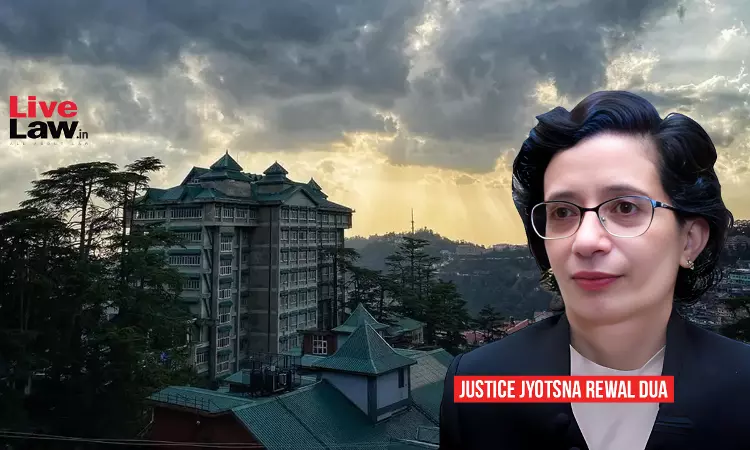The High Court of Himachal Pradesh has ruled that children born from void marriages cannot be denied birth registration, thereby affirming their right to legal recognition regardless of their parents' marital status.Justice Jyotsna Rewal Dua, presiding over the case, emphasized the inherent rights of children to be acknowledged under the law, remarking, “The fact that they are living beings...

